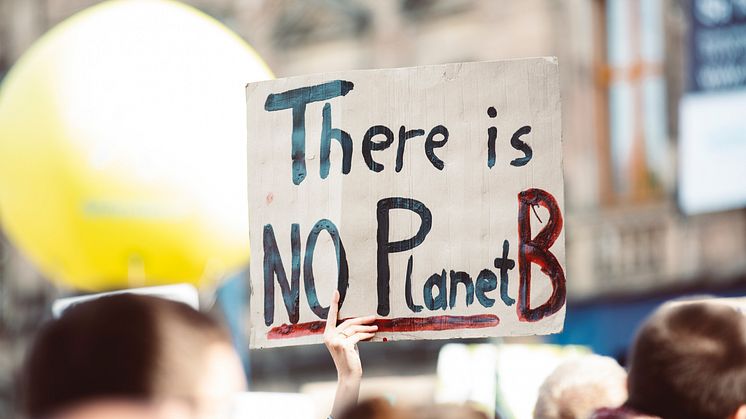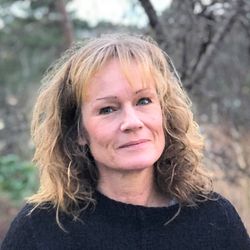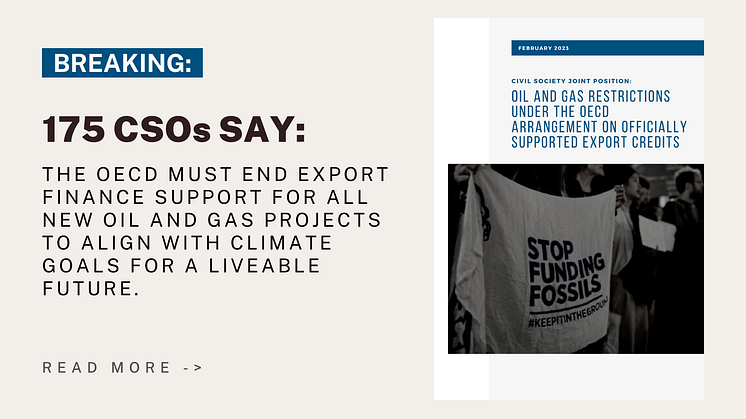
Pressmeddelande -
Swedwatch at COP27: The transition must have human rights at the center
The climate crisis is among the most critical and complex issues our planet and its people face. COP27 offers a defining moment to accelerate the transition away from fossil fuels. But this transition will fail if it focuses only on being fast, and not on also being just. This is also the topic for an official side event arranged by Swedwatch and Swedish Society for Nature Conservation at COP27.
A transition to low-carbon and renewable energy is necessary to reduce greenhouse gas emissions and limit global warming. But the energy transition must be environmentally sustainable, socially just and equitable. It must be founded on the principles of human rights and protect the rights of communities and indigenous people - including the right to free, prior and informed consent (FPIC) -whose lives are affected by renewable energy infrastructures.
Research from Swedwatchand other organizations has shown that the production of renewable energy in low-income countries is often connected to negative impact on both the environment and people, and that this is very rarely recognized by states or companies. For instance, affected communities seldom get compensation or remedy. This sector is also one of the most dangerous ones to work with for environmental rights defenders who often face threats and violence.
-The just transition framework needs to place affected and marginalized communities at the centre of the global transition to a clean energy future. The energy transition must also be inclusive of communities by providing them with access to modern energy services. Inclusive development and poverty reduction should be priorities from the outset, and clean energy should be made accessible to all groups in society. Local communities should be empowered to share the socio-economic benefits of renewable energy projects, says Davide Maneschi, programme officer climate change at Swedwatch.
At COP27, being held from 6-18 November in Sharm el-Sheikh, Egypt, Swedwatch will arrange a side event on the 16th of Nov together with Swedish Society for Nature Conservation (SSNC) focusing on just transition and the importance of putting indigenous people and local communities at the centre of energy transition processes. The event will centre around cases from Africa that will be presented by African CSOs, including Swedwatch’s partner IMPACT (Indigenous movement or Peace Advancement and Conflict Transformation), an indigenous rights organization which has been working with human rights and social inclusion in Northern Kenya for over 20 years.
-Human rights, land rights, environmental rights and community interests should be at the centre of just energy transition processes. The just energy transition process should not burden communities, displace them from their lands or be a source of conflict, says Mali Ole Kaunga, founder and director of IMPACT.
To shape an effective, just and rights-based response to climate change, Swedwatch calls on world leaders, businesses and governments to:
- Actively promote responsible renewable energy by recognizing that human rights are central to climate change mitigation and adaptation.
- Integrate human rights in renewable energy policies and ensure the “do no harm” principle is respected in renewable energy developments.
- Ensure participation, consent, and equality of opportunity for all in access to renewable energy services and consumption.
- Actively encourage the participation of rightsholders, including human rights defenders and environmental defenders, in decision making.
- Where indigenous communities are affected, ensure that project implementation is respectful of the rights of indigenous peoples, including the right to FPIC.
- Introduce and uphold effective grievance mechanisms and provide remedy to communities affected by energy projects.
- Phase out international public finance for fossil fuels and support global renewable energy development through international cooperation, by implementing the COP26 Statement on international public support for the clean energy transition.
- Work on developing a fossil fuel non-proliferation treaty.
READ MORE
Read an interview with indigenous defender Ramson Karmushu from Swedwatch partner organization Impact in Kenya, one of the speakers at the COP27 side event arranged by Swedwatch and the Swedish Society for Nature Conservation.
Attached is also an information sheet about just energy transition – what it is, what the risks are and who benefits from it.
Kategorier
Swedwatch är en ideell och politiskt obunden researchorganisation. Vårt mål är att företag, investerare och stater ska ta ansvar för mänskliga rättigheter och miljö och att rättighetsinnehavare kan göra sina röster hörda.




